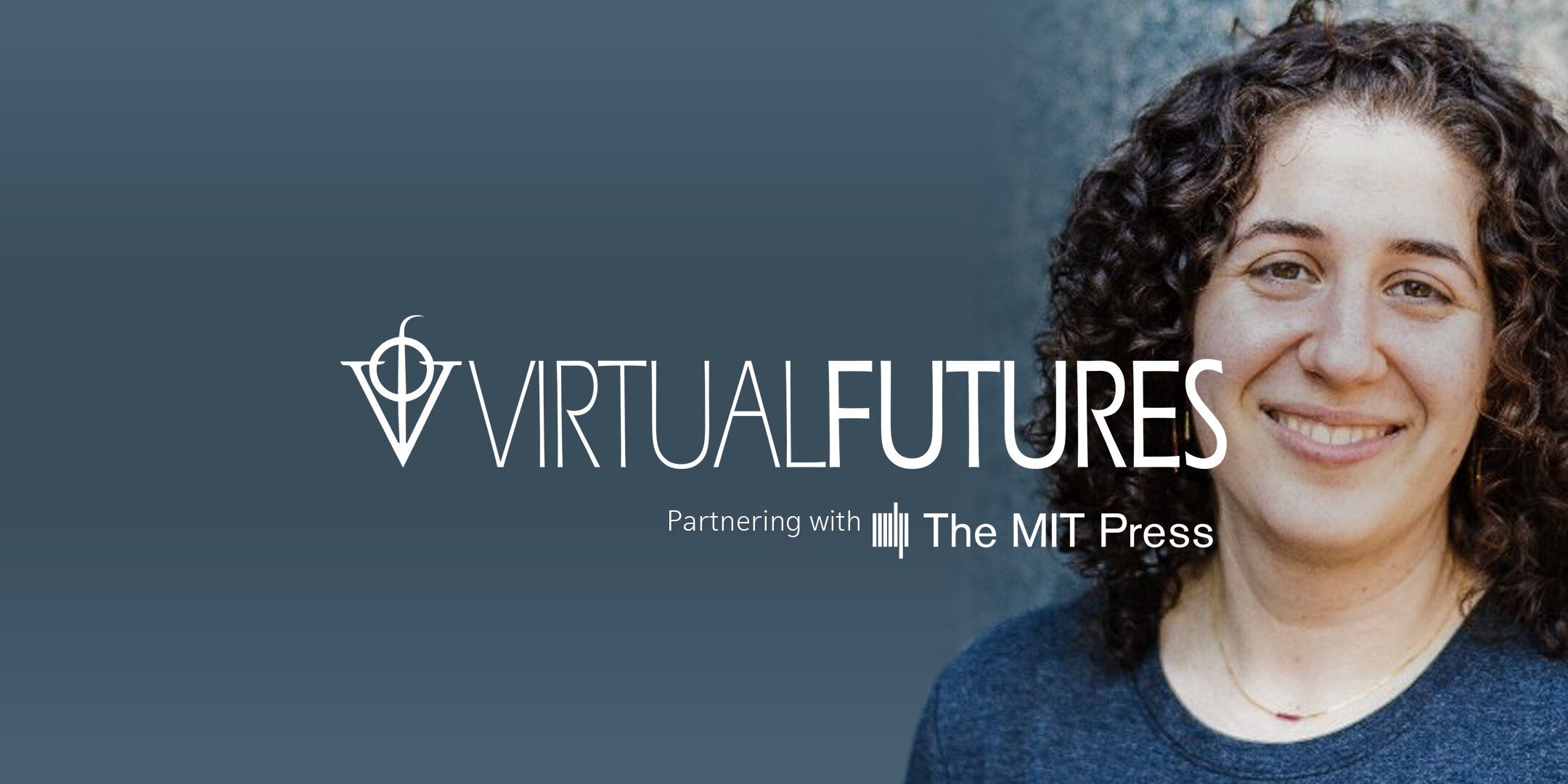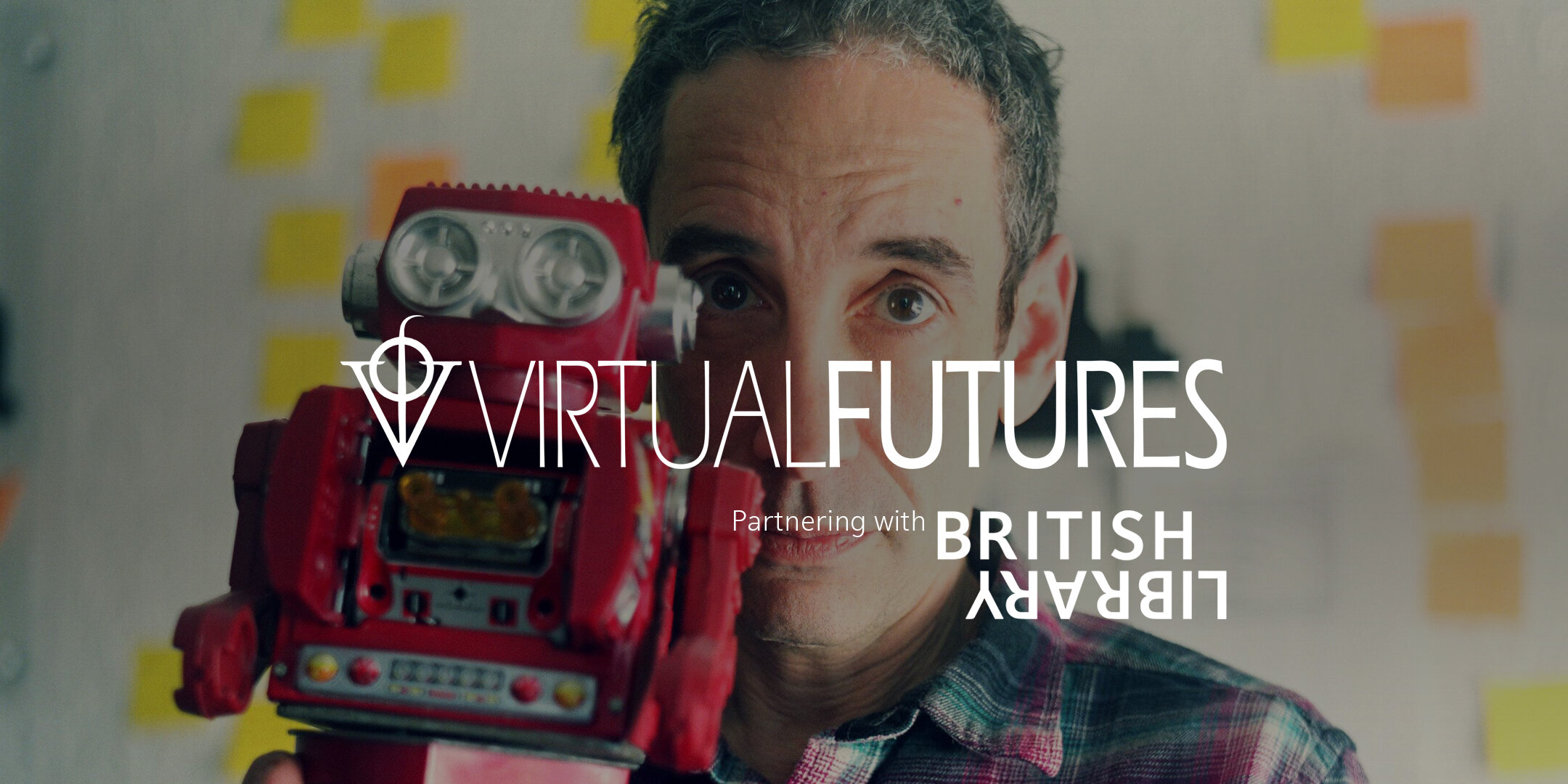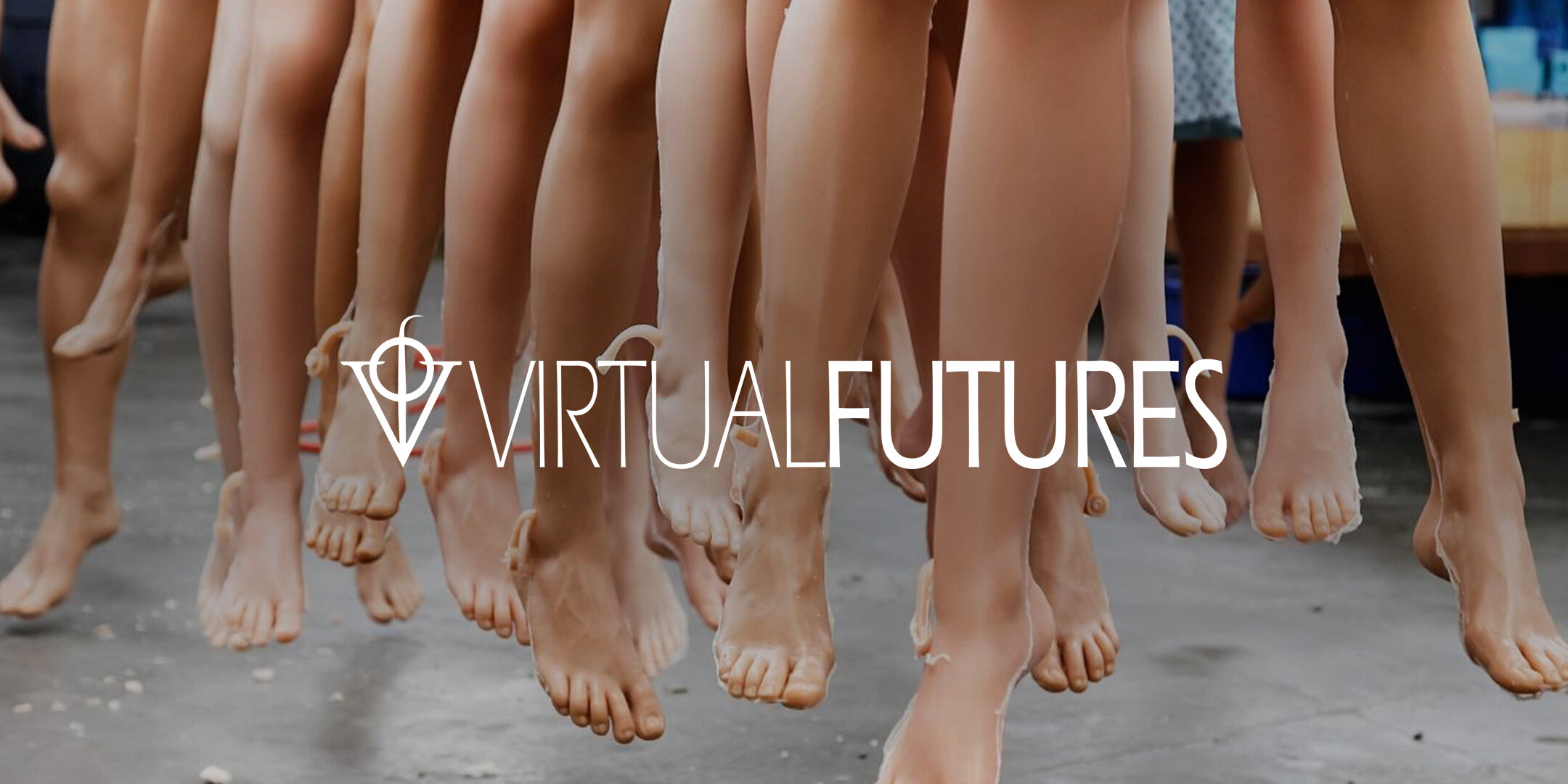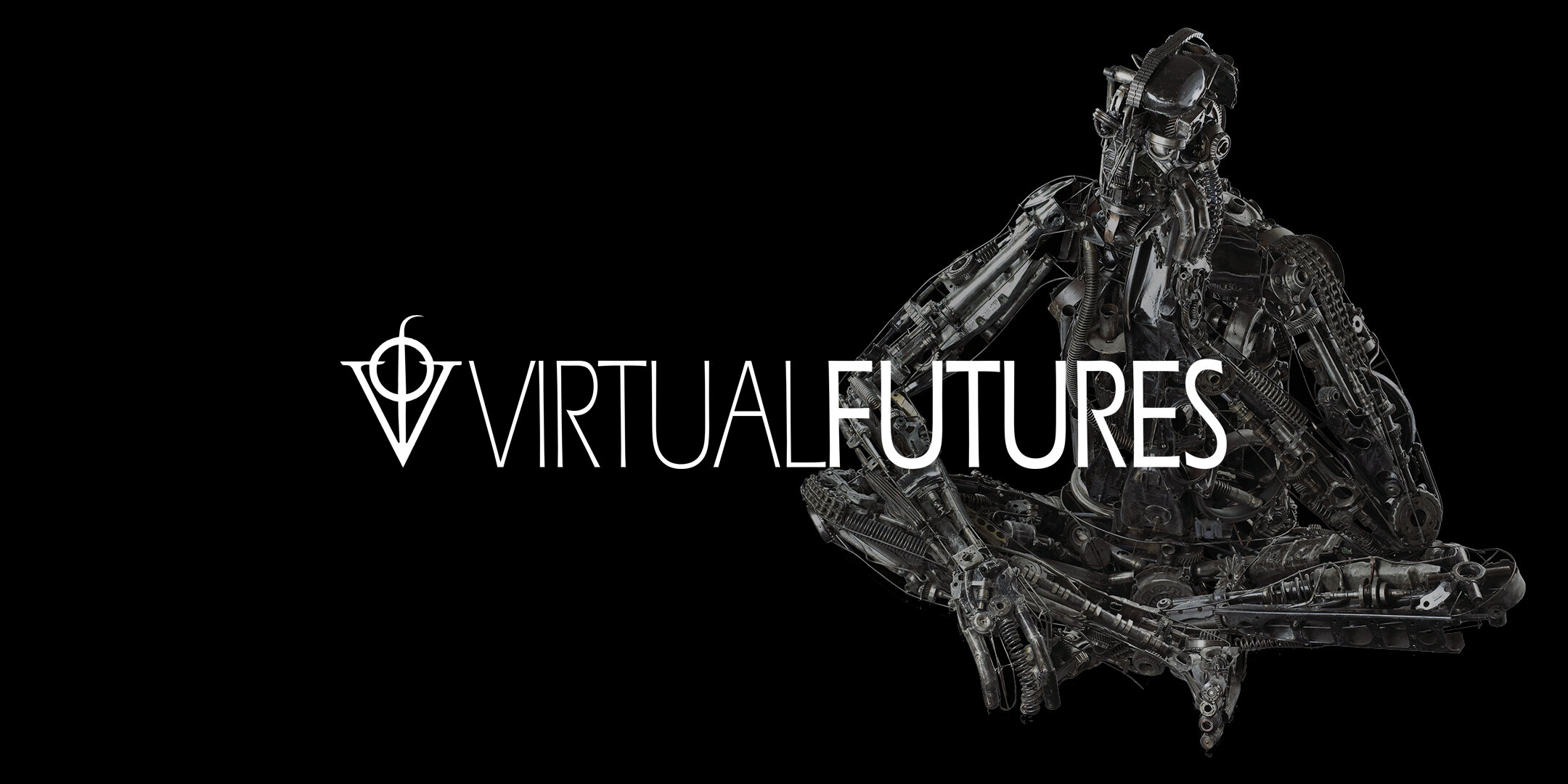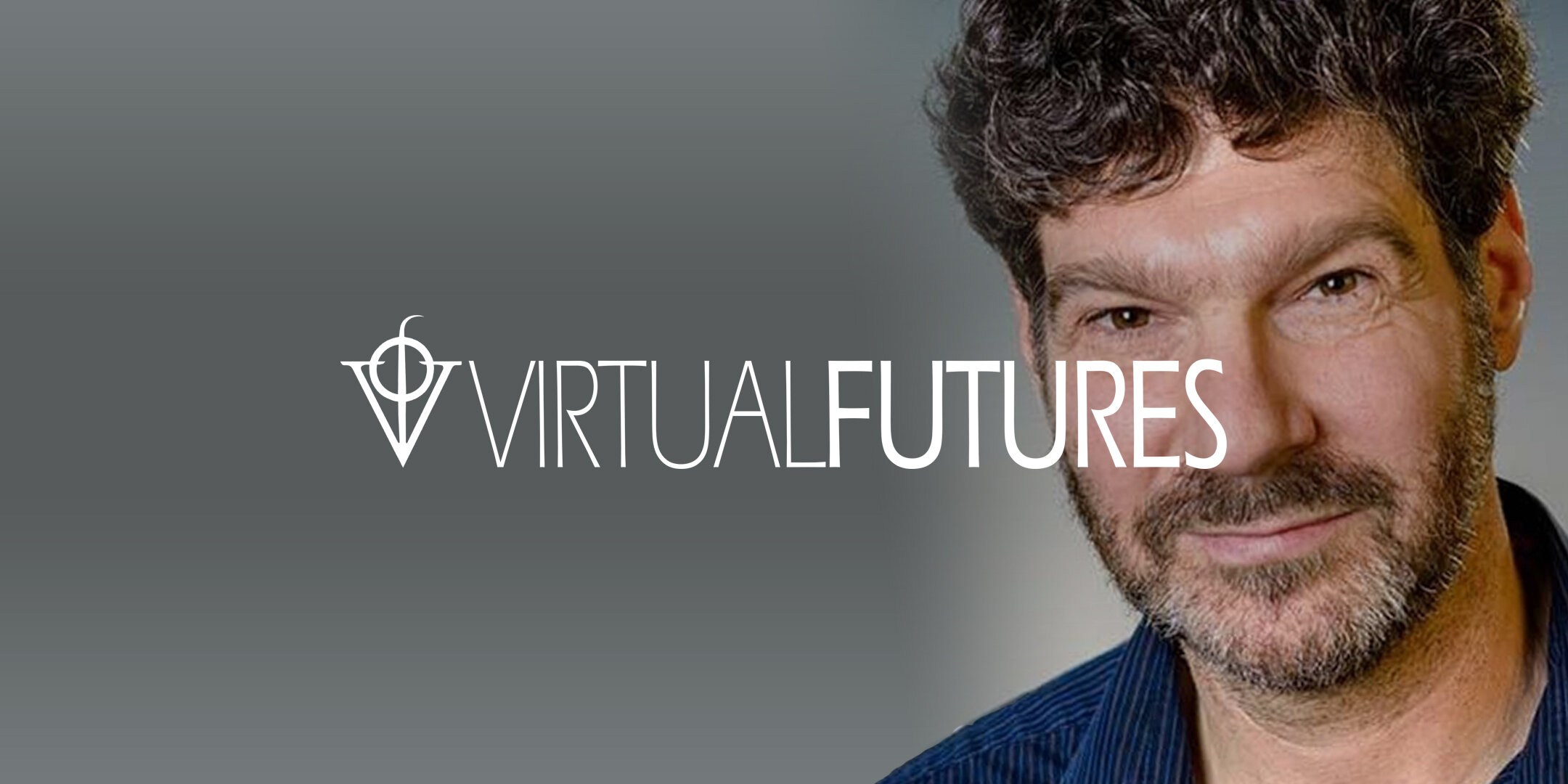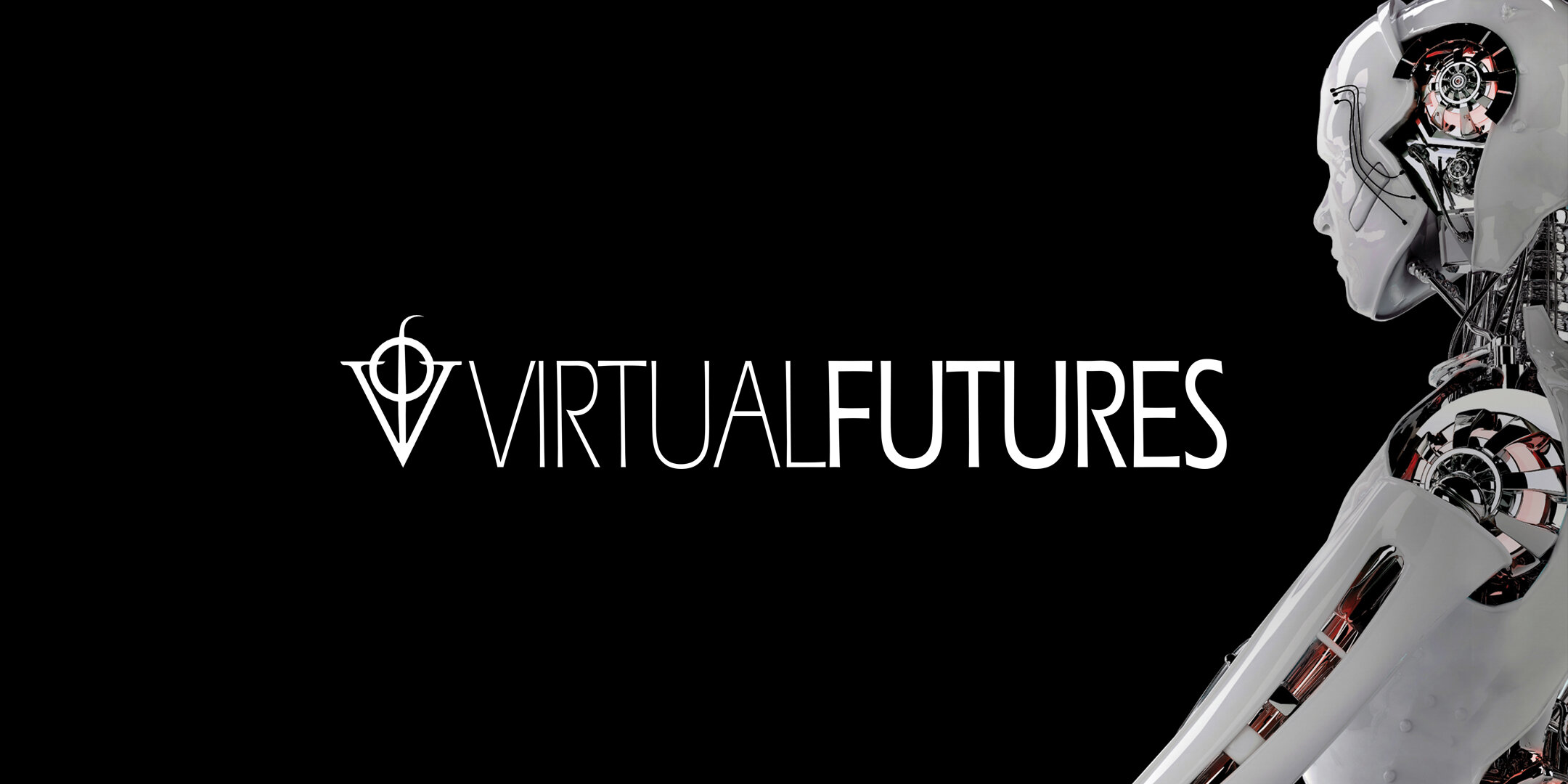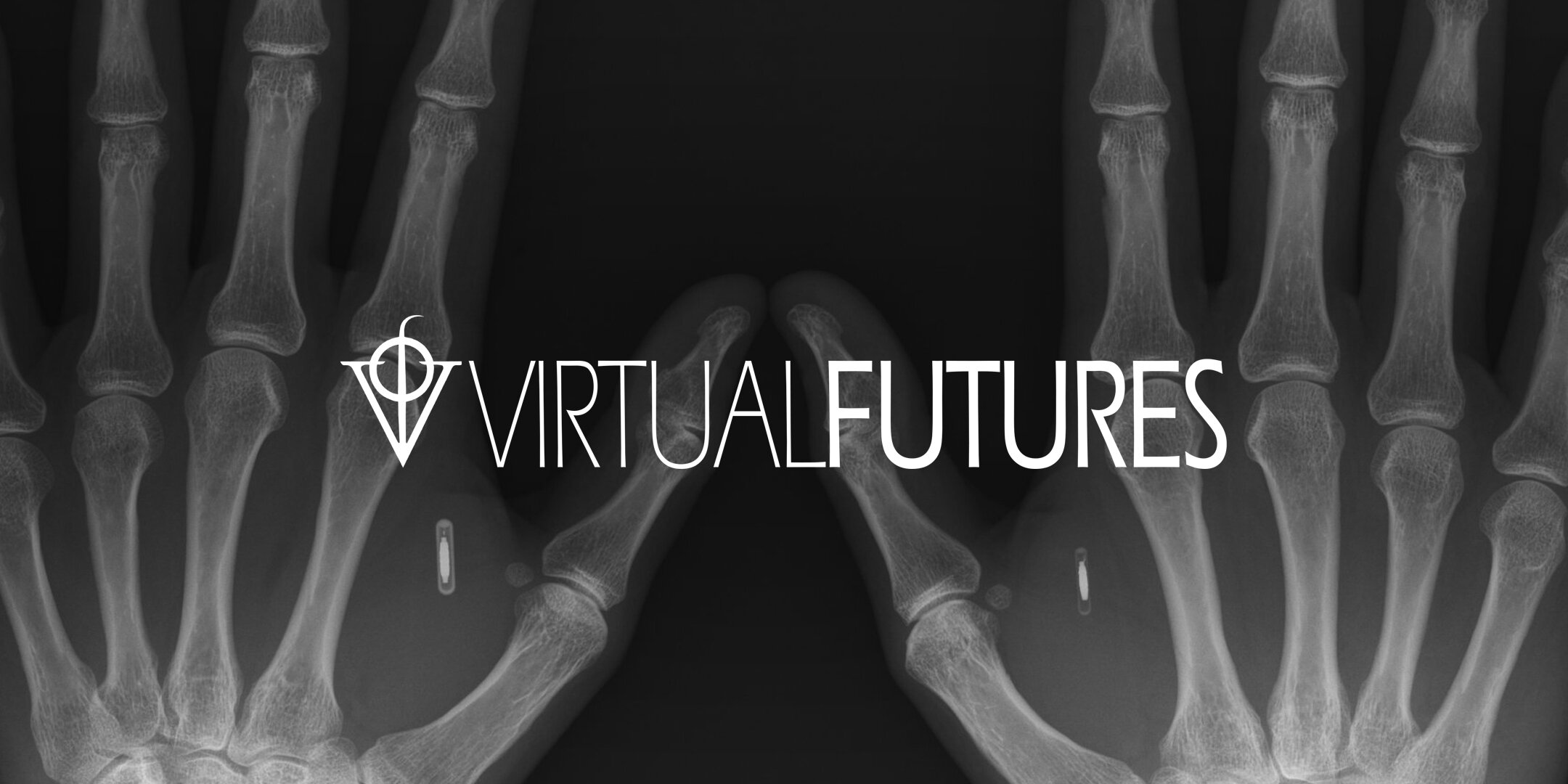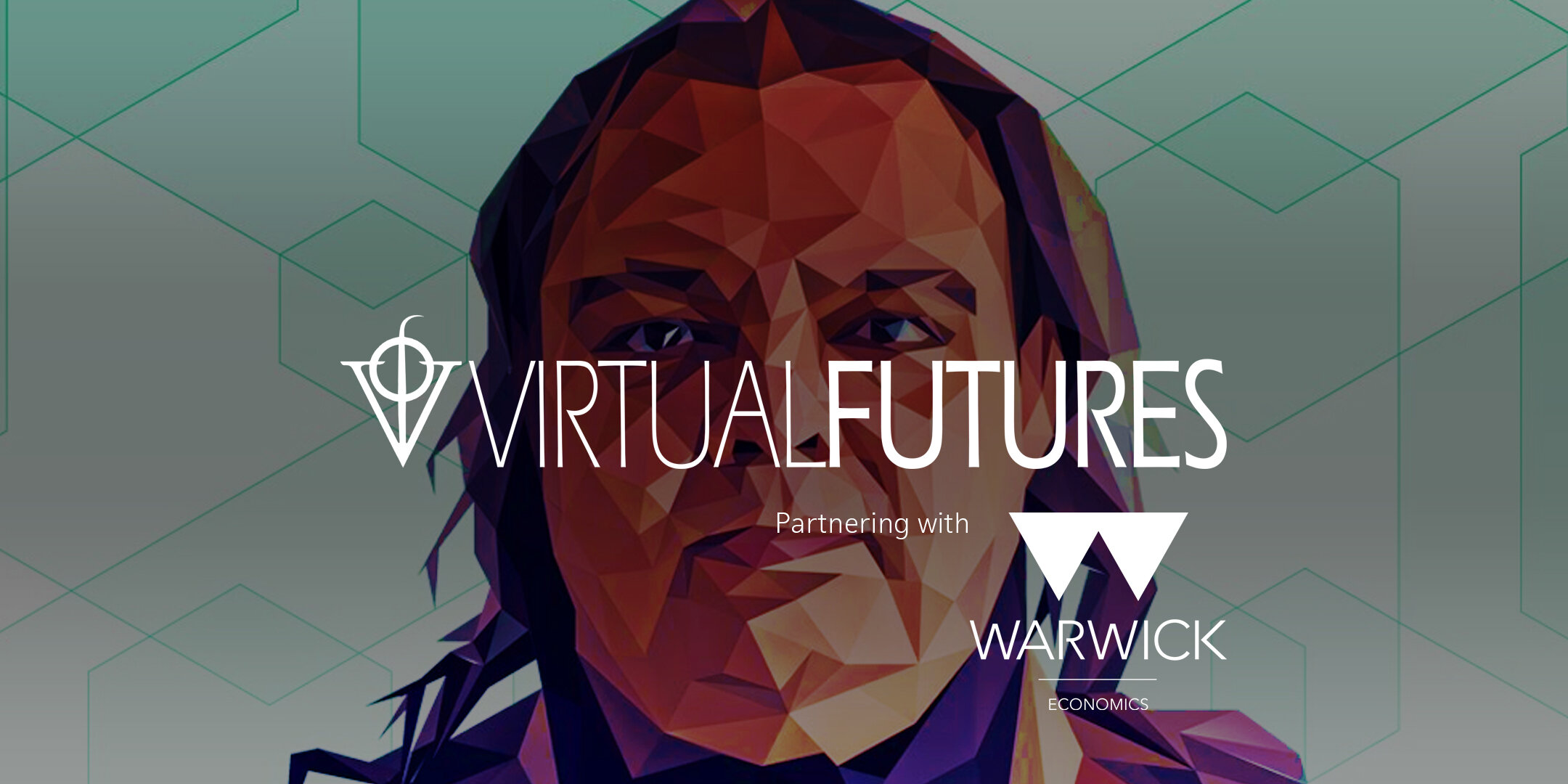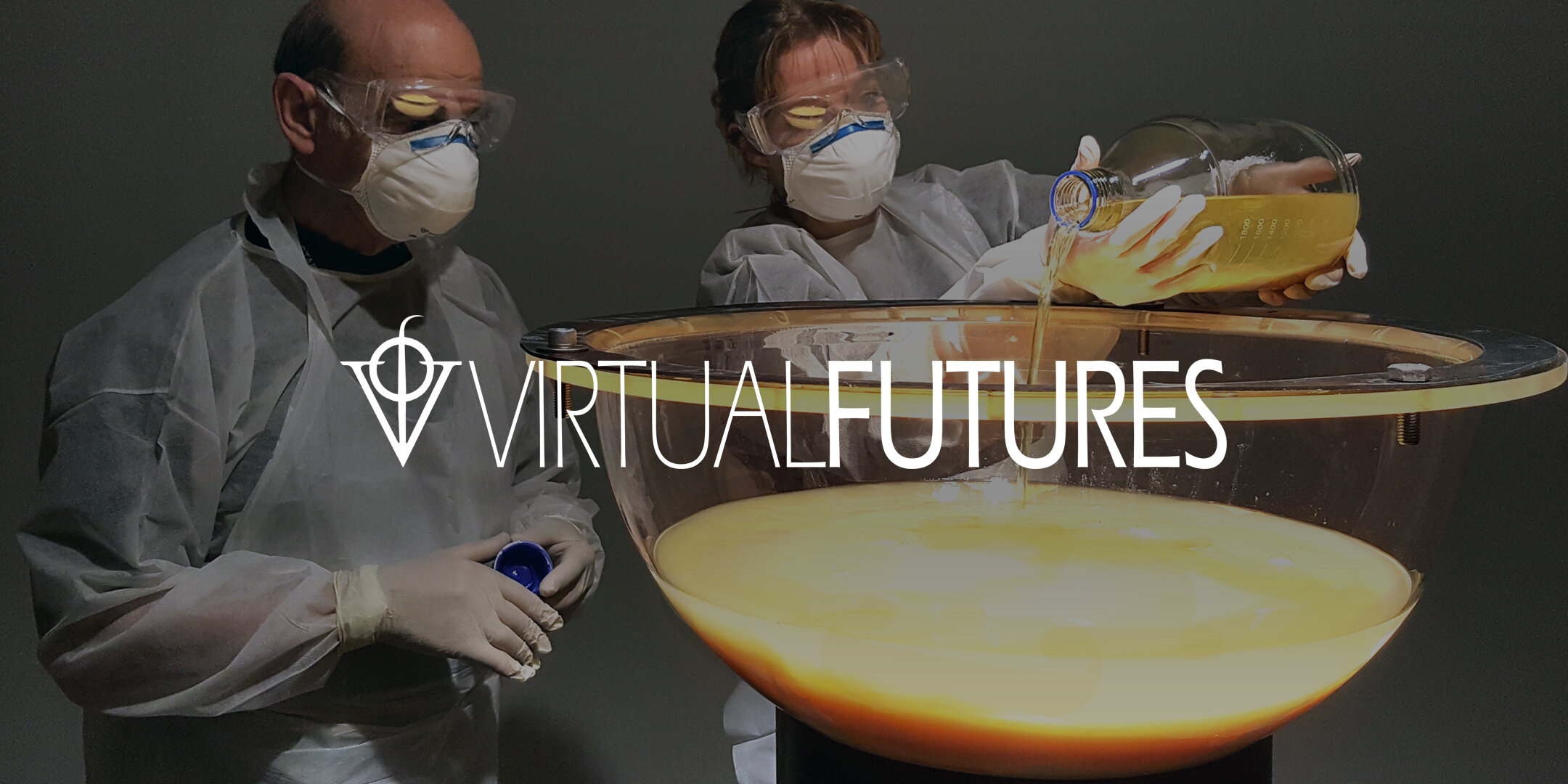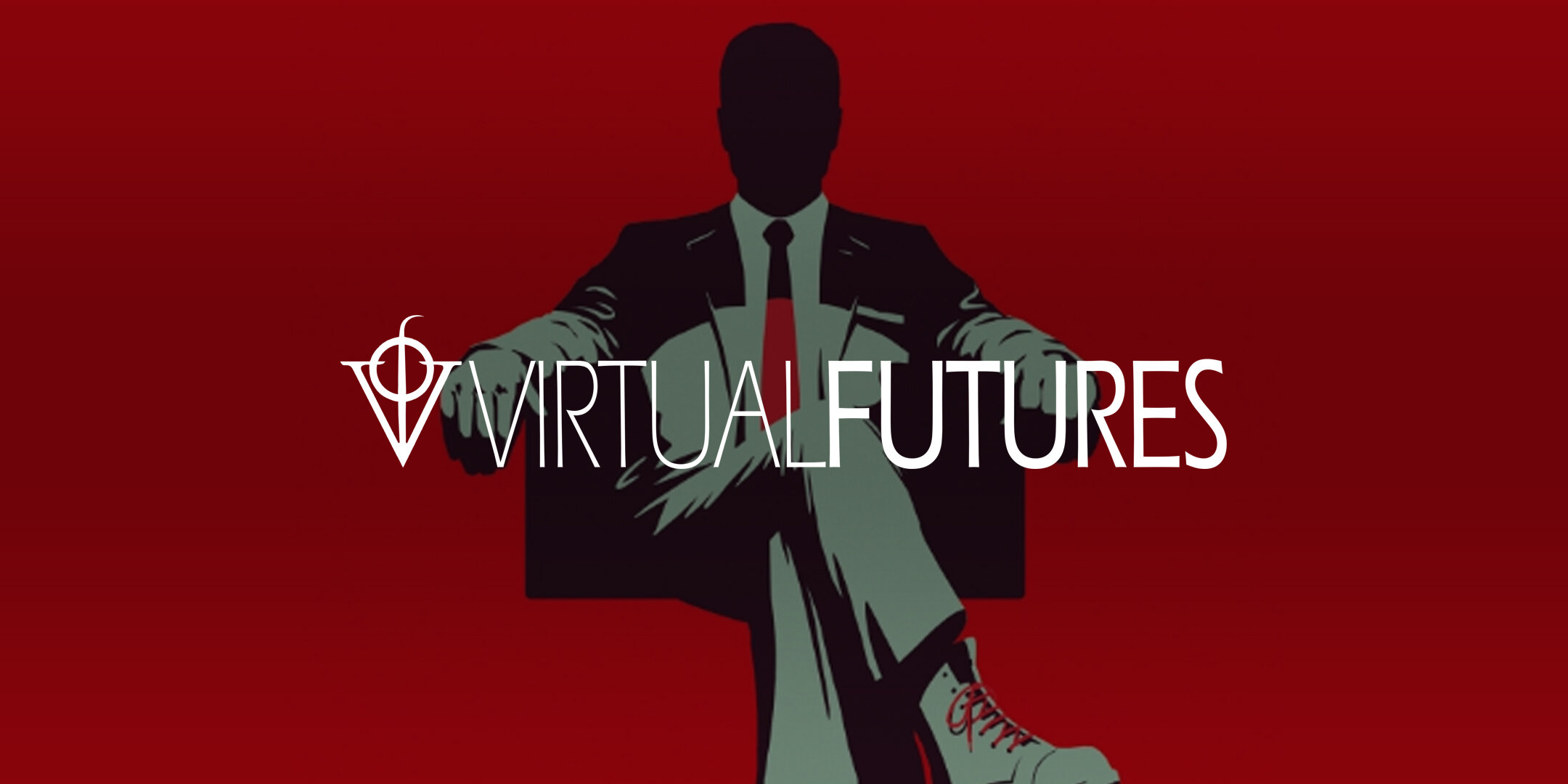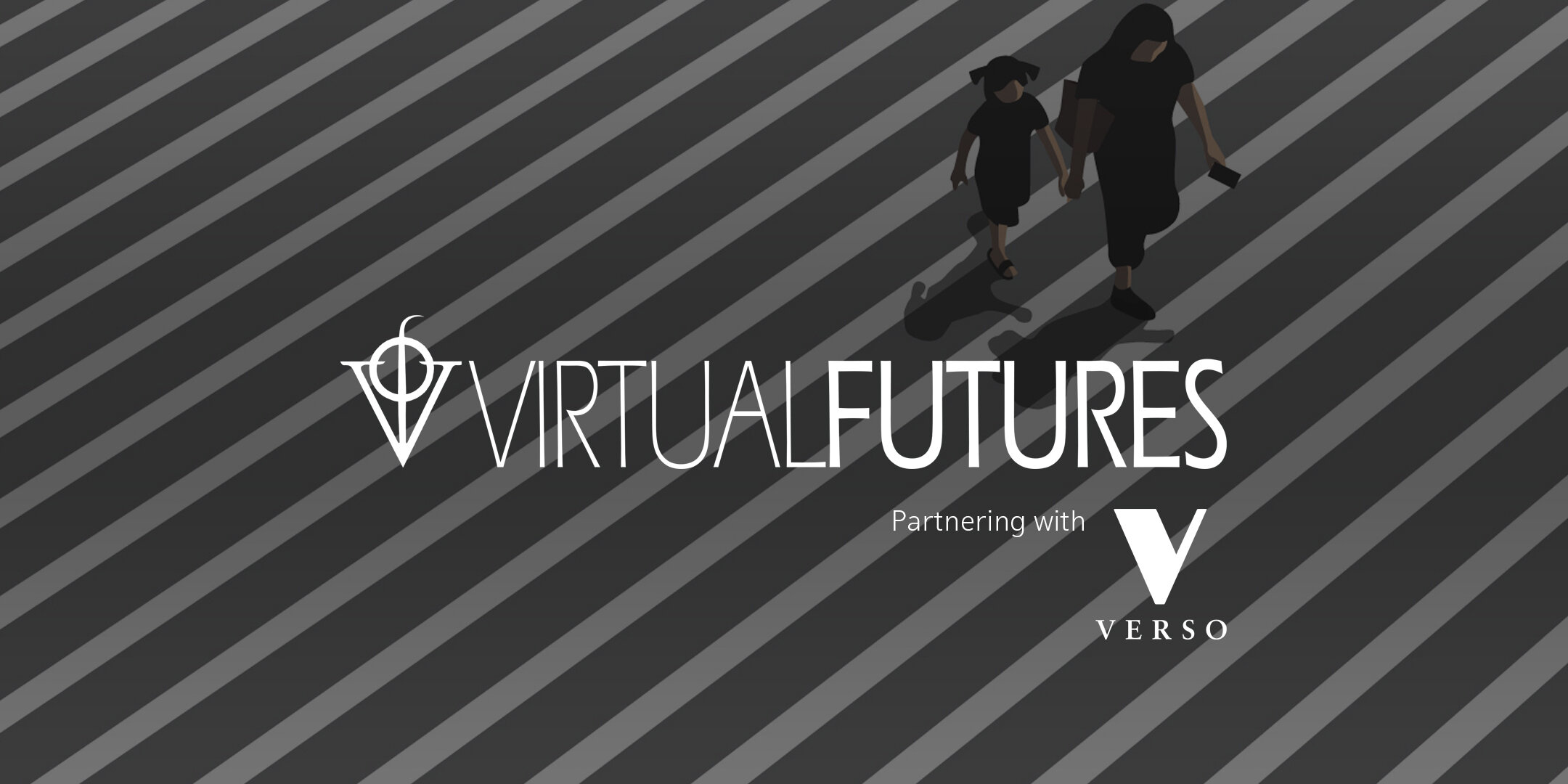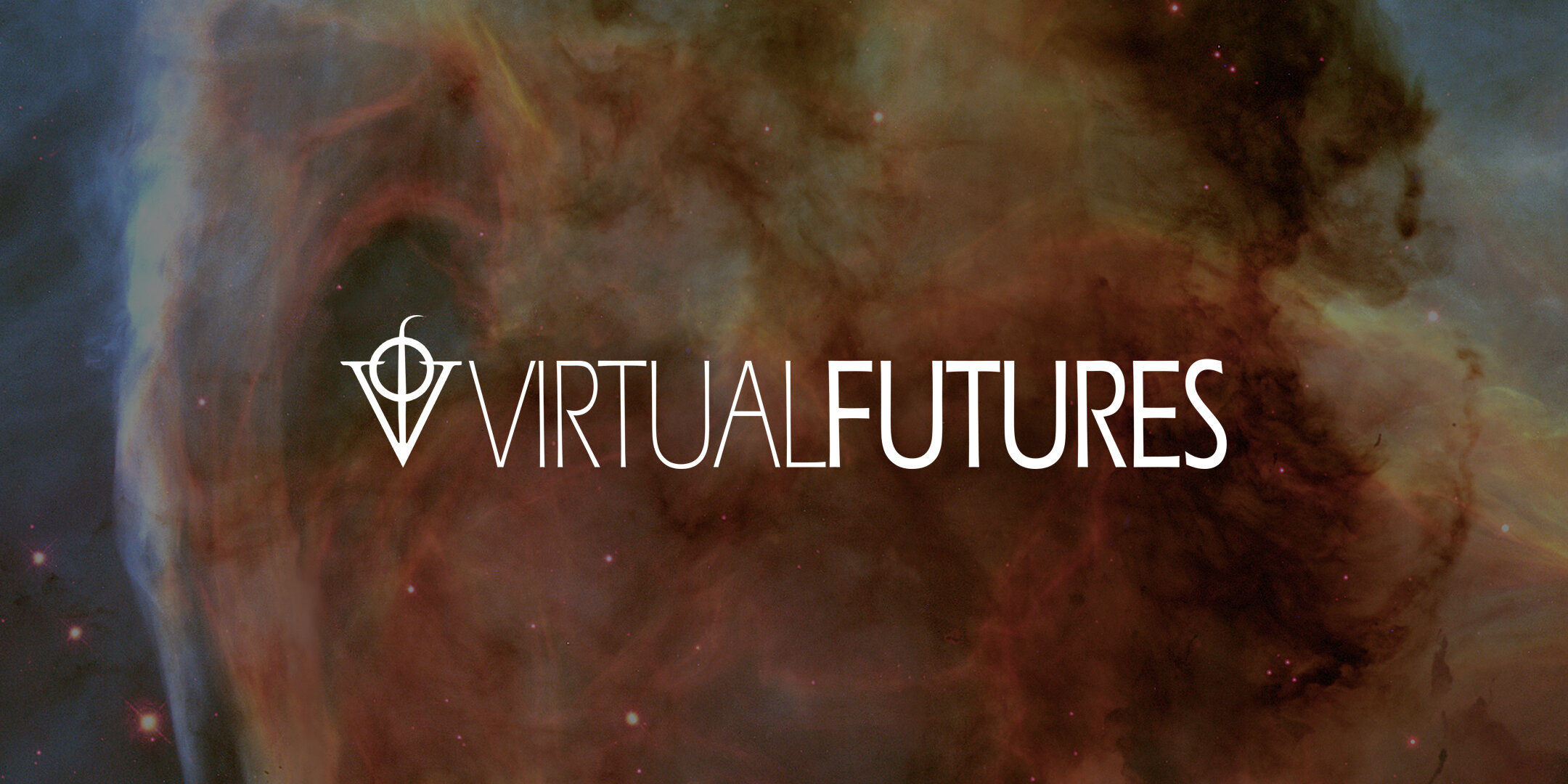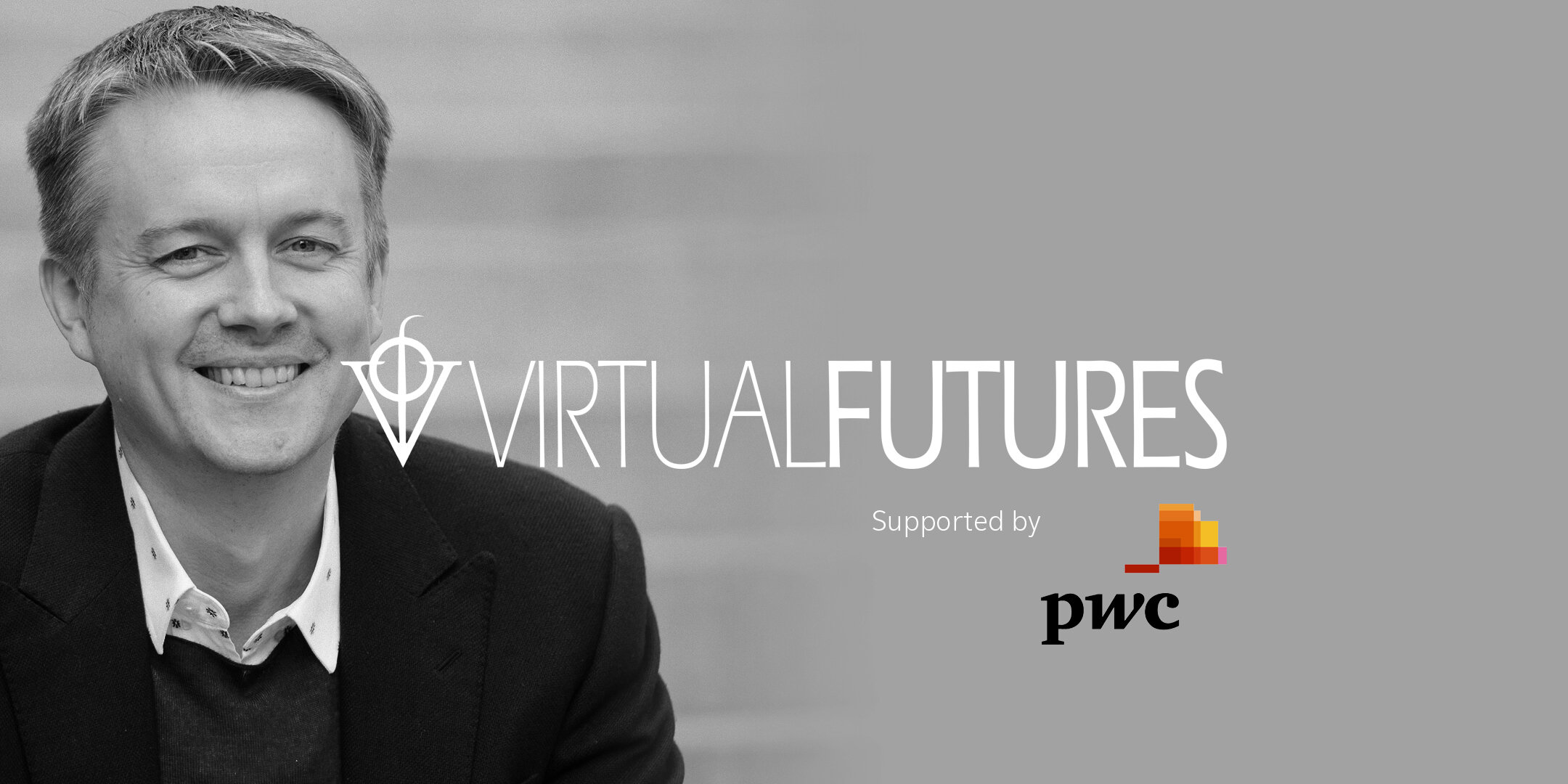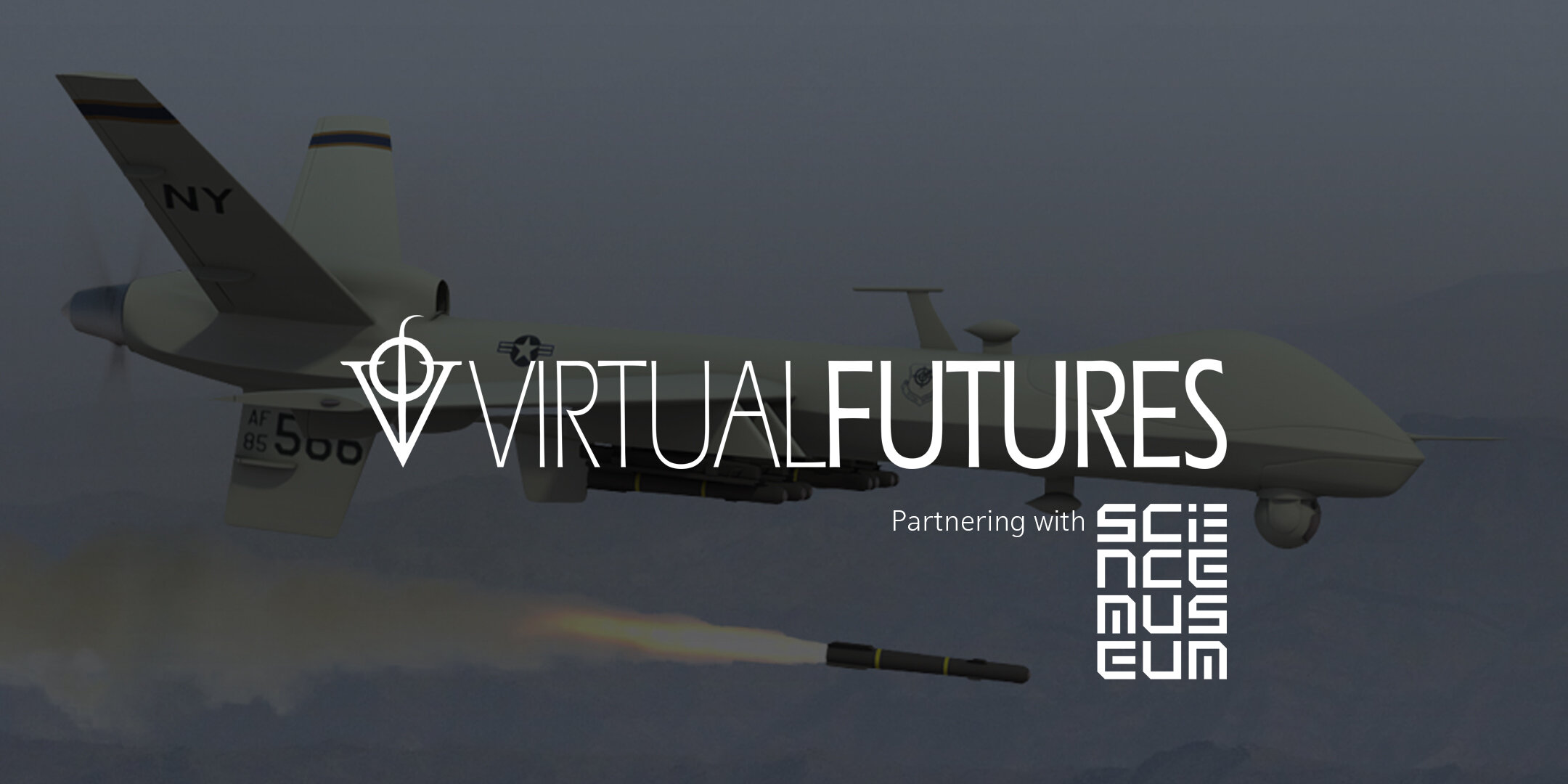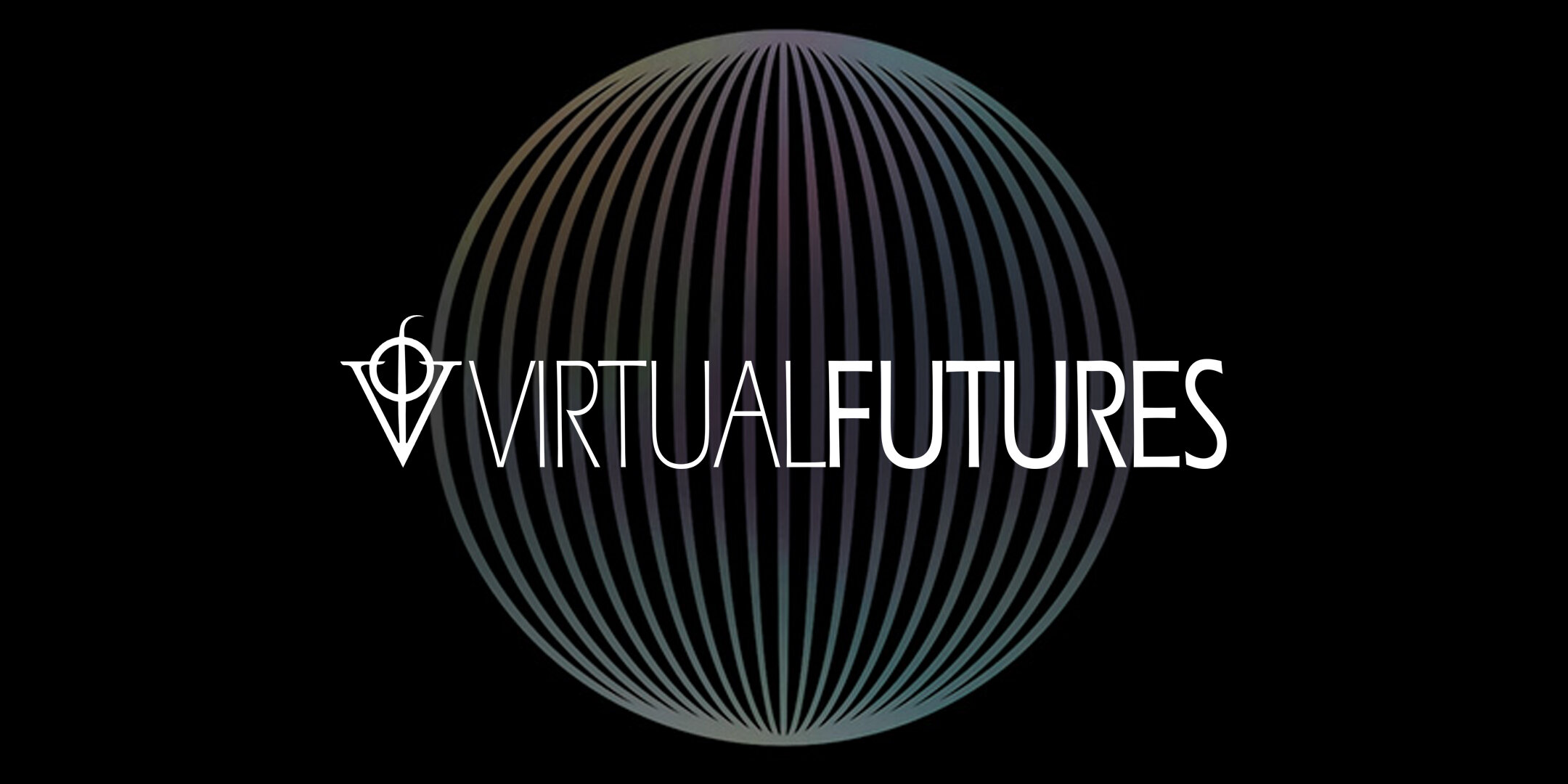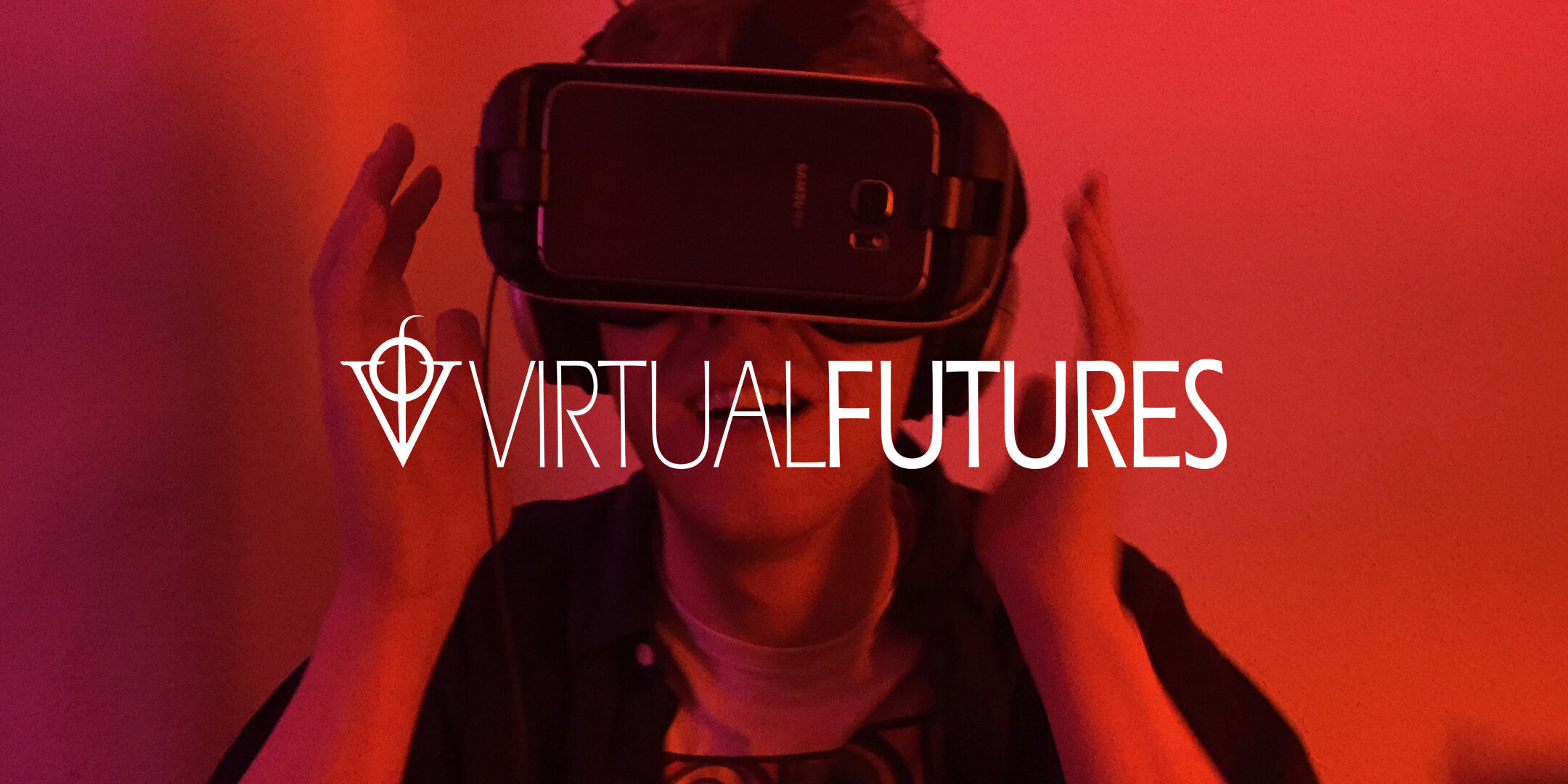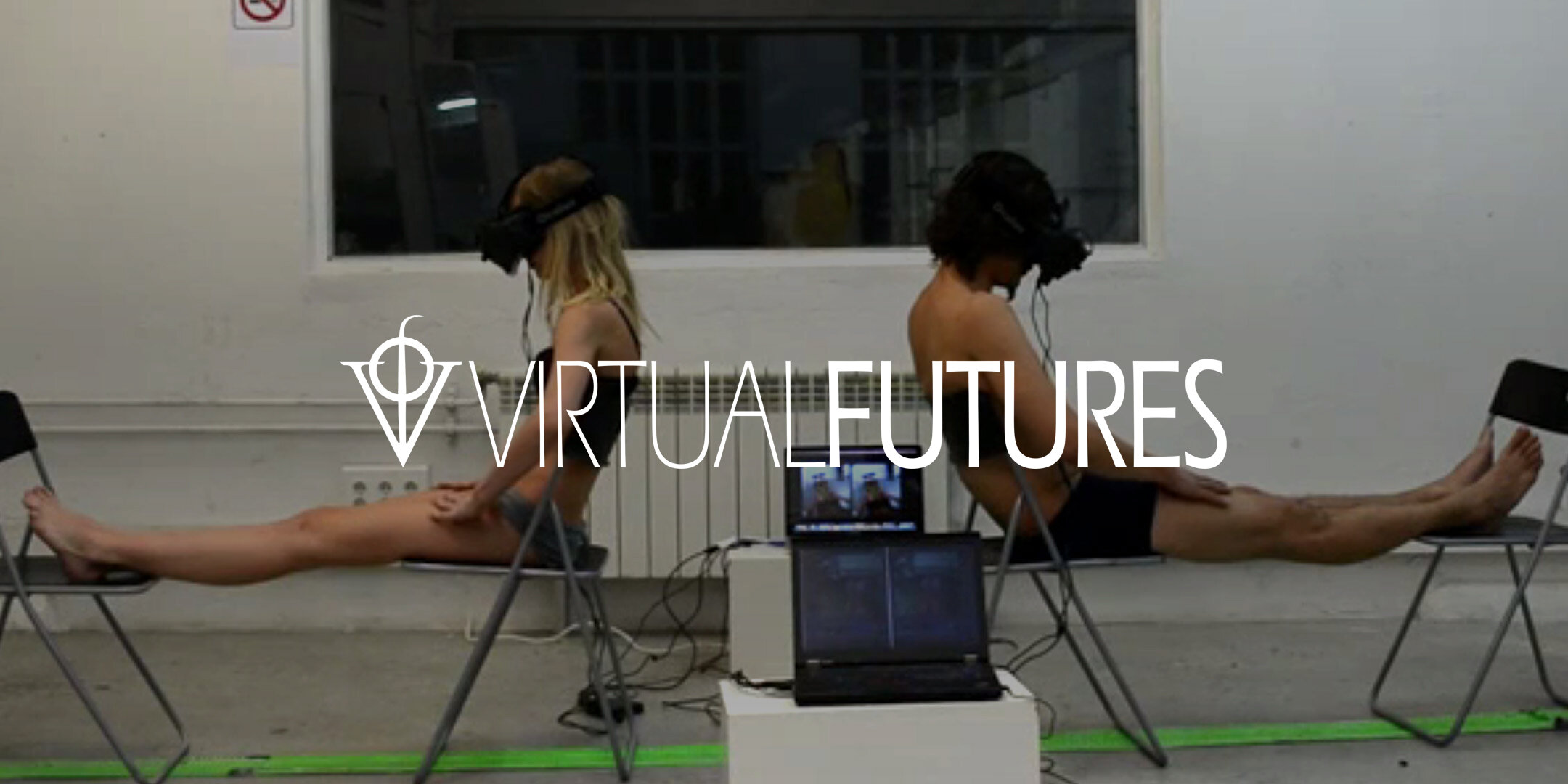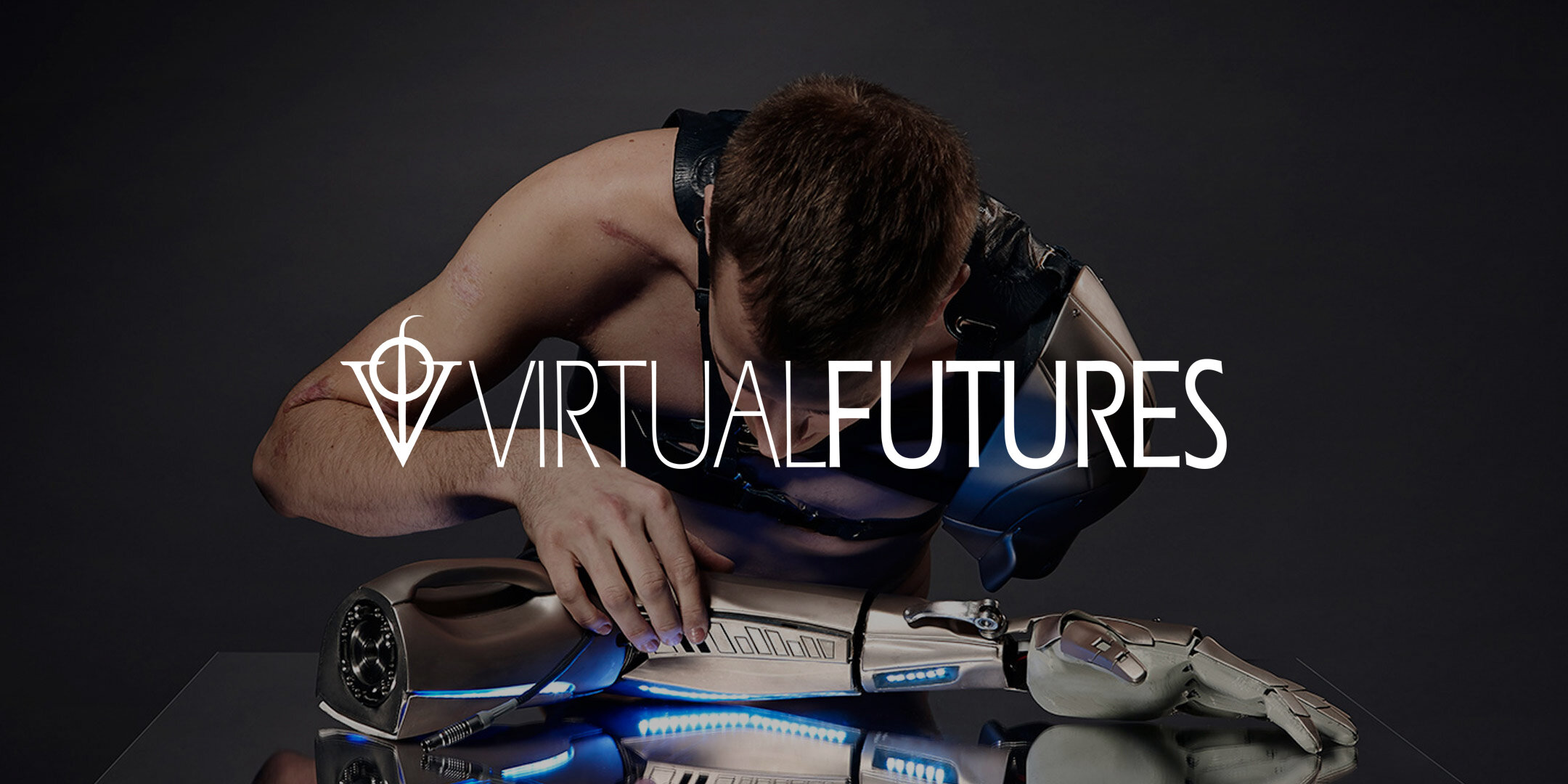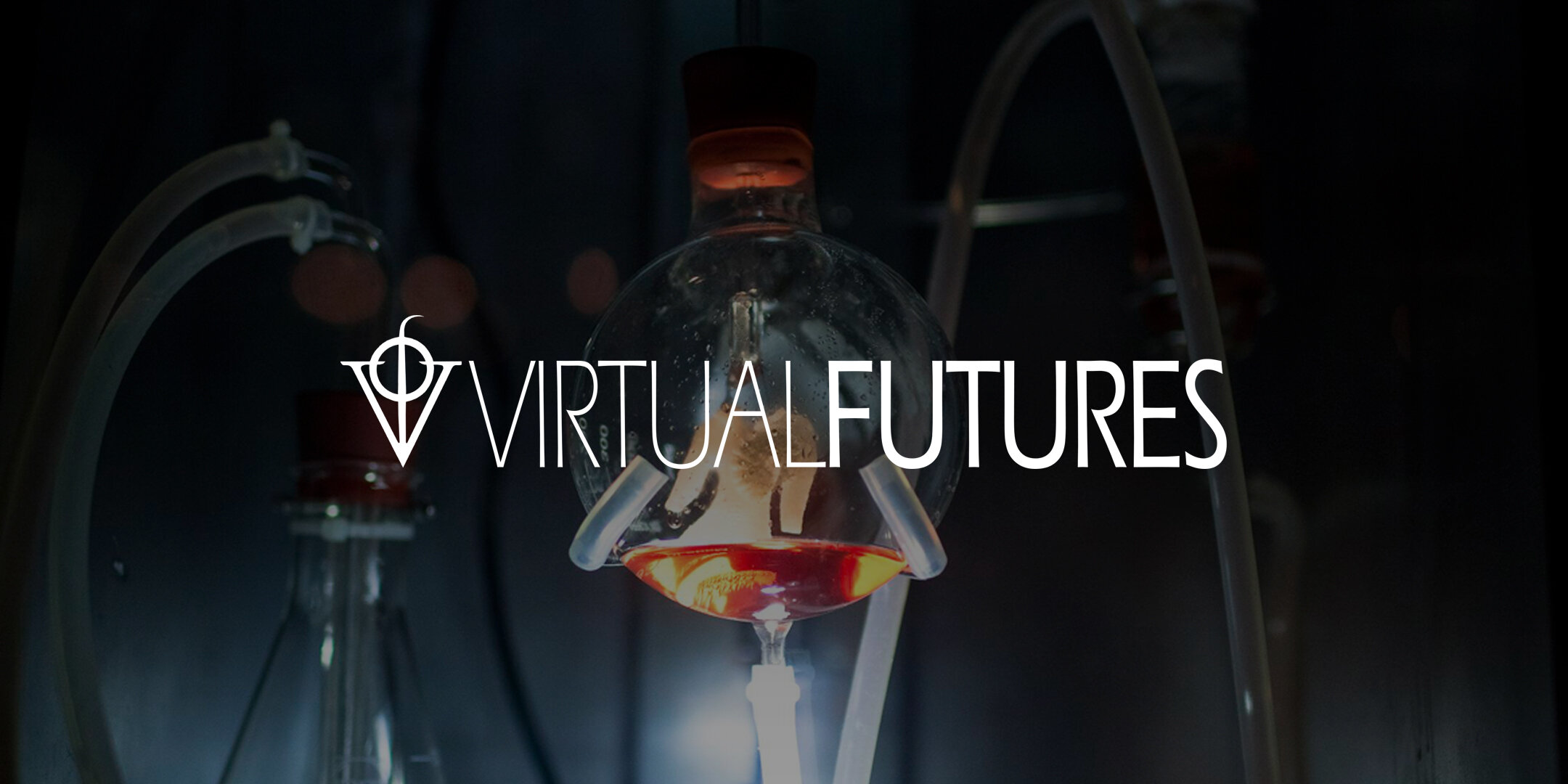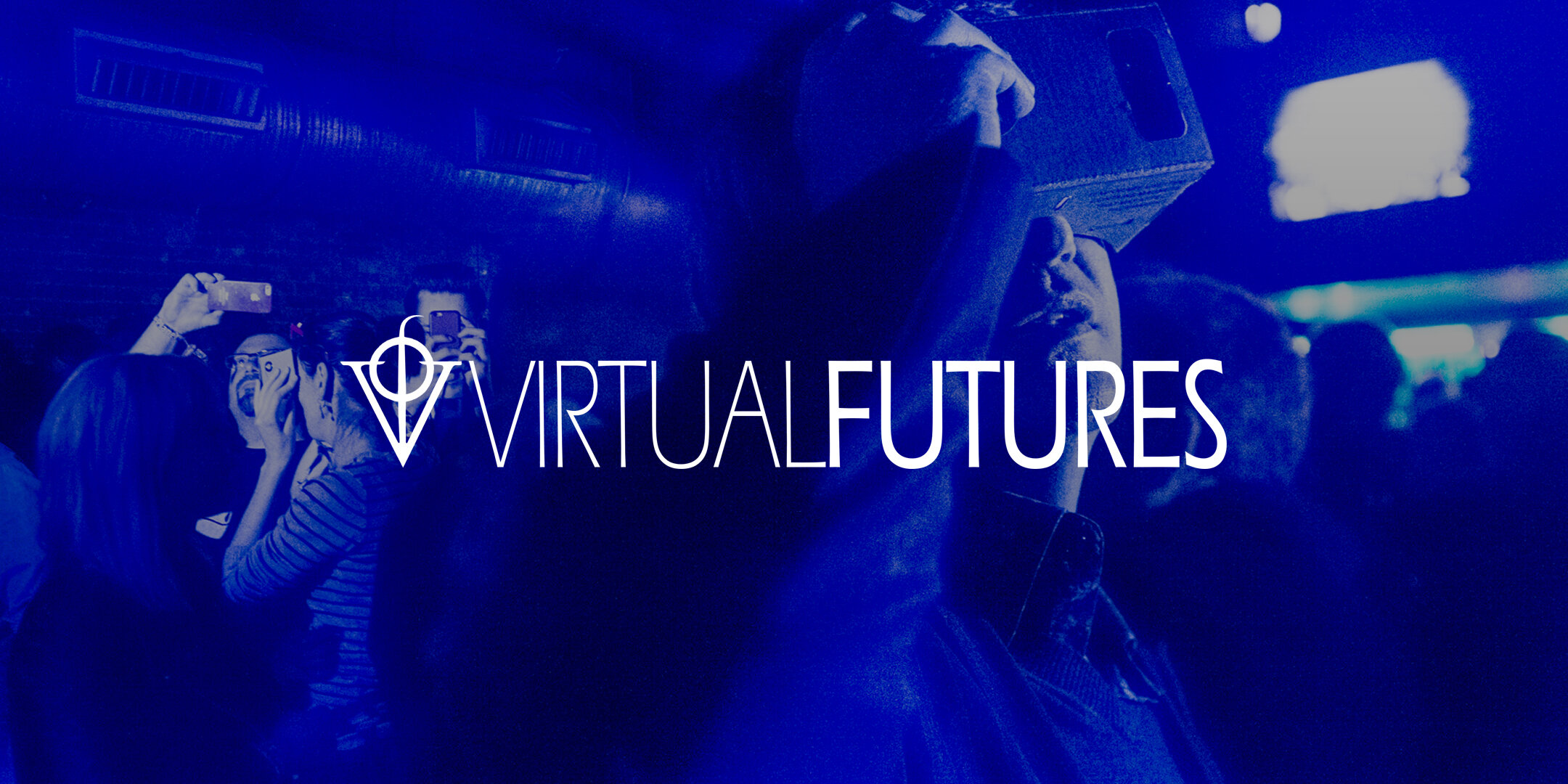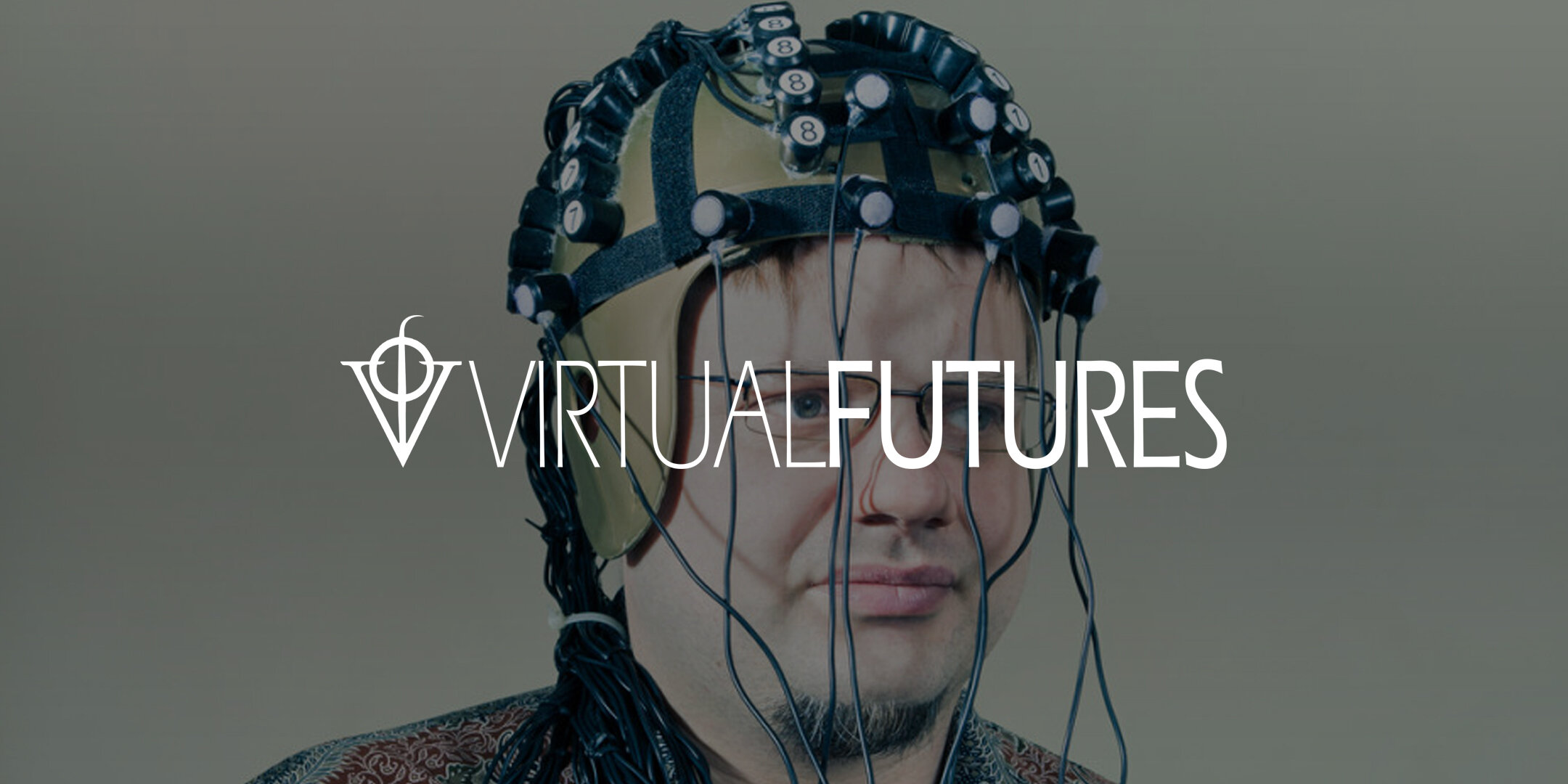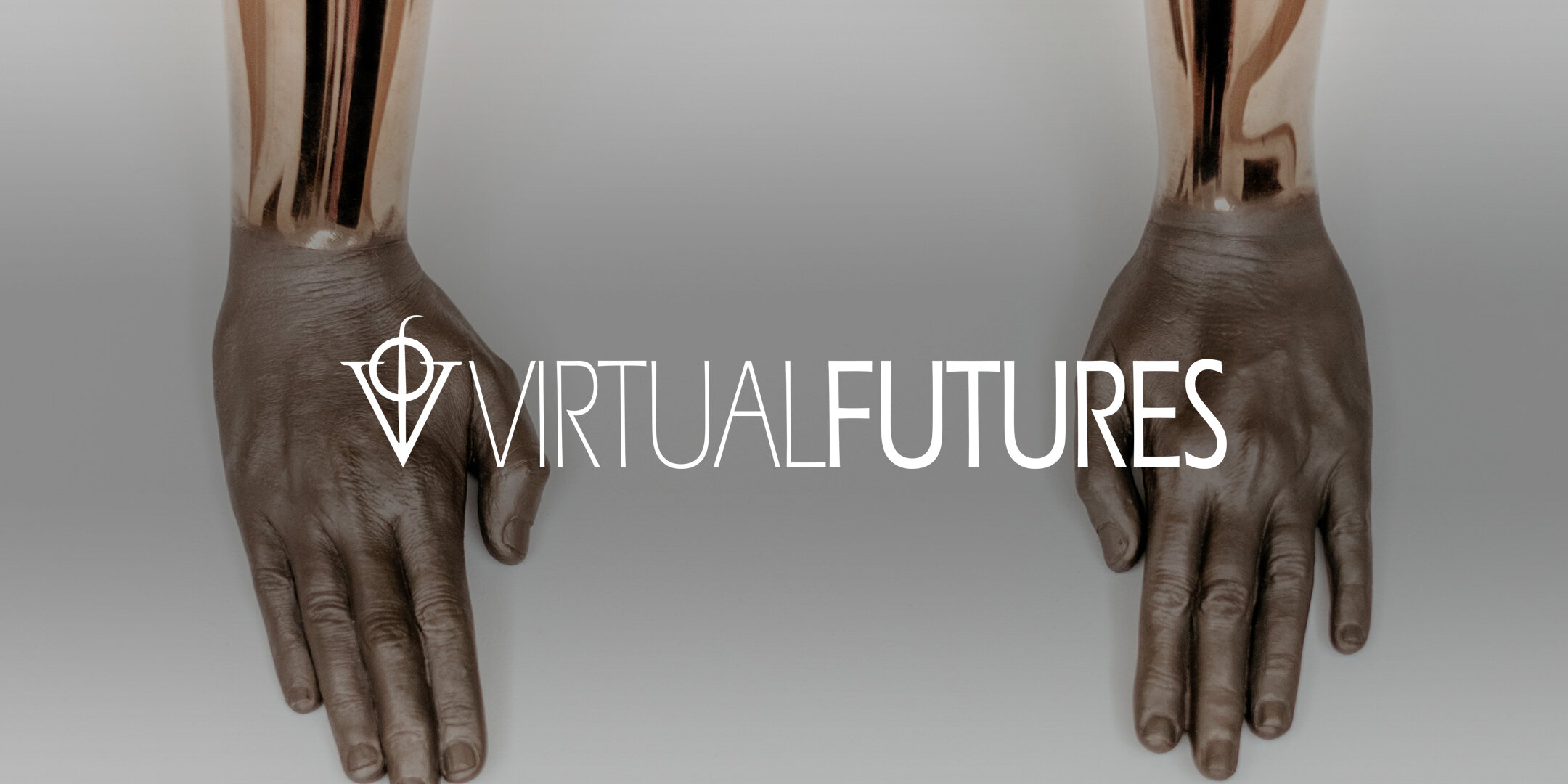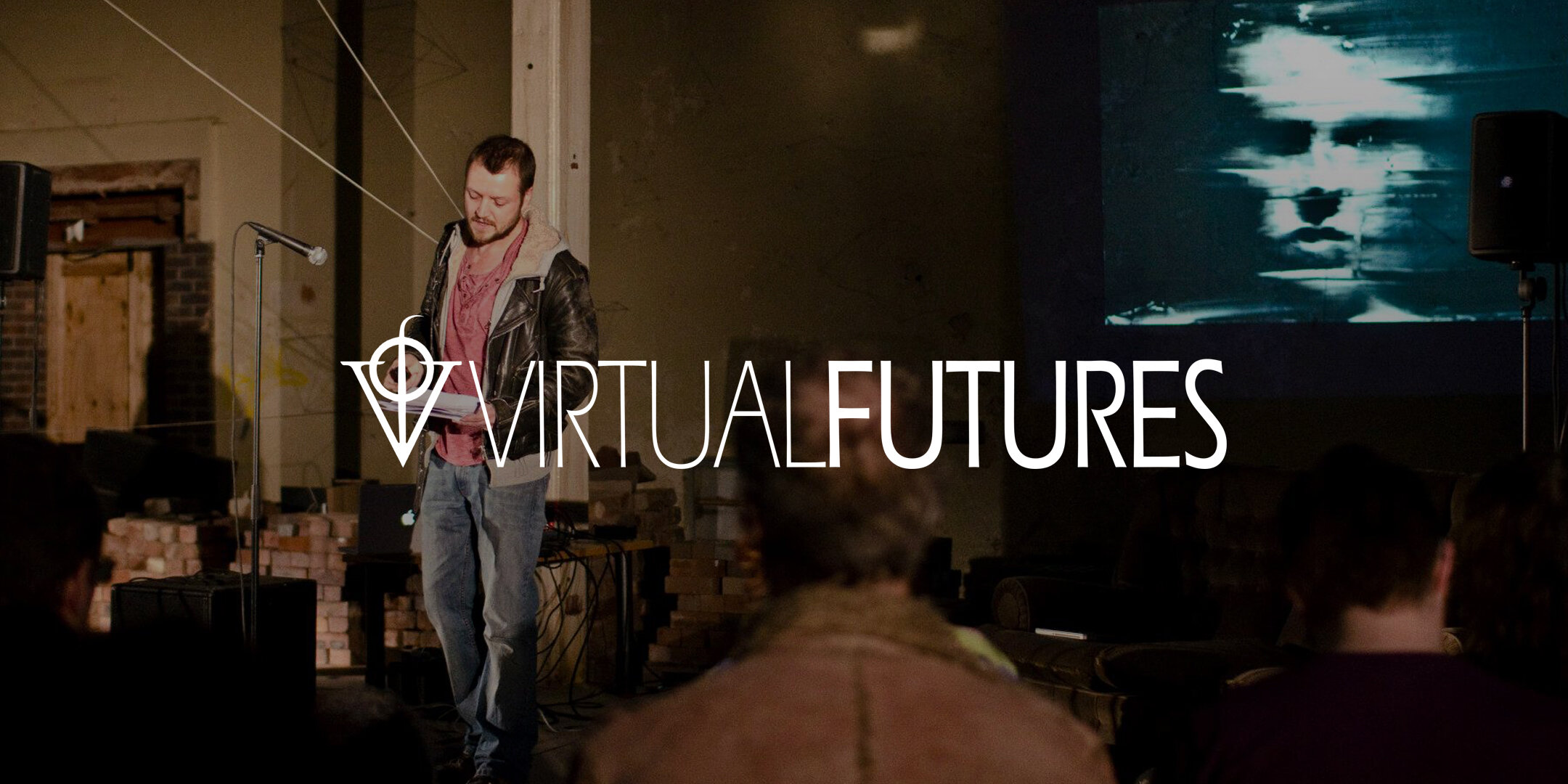Salons
2019
Virtual Futures presents Aaron Bastani in conversation on his new book, 'Fully Automated Luxury Communism: A Manifesto' (Verso, 2019).
Virtual Futures presents John Higgs in conversation on his new book, 'The Future Starts Here: Adventures in the Twenty-First Century' (W&N, 2019).
Virtual Futures presents Josephine Wolff in conversation on her new book, You'll See This Message When It Is Too Late: The Legal and Economic Aftermath of Cybersecurity Breaches (The MIT Press, 2019).
Virtual Futures presents Dr. Julia Shaw in conversation on her new book, 'Making Evil: The Science Behind Humanity’s Dark Side' (Canongate, 2019).
Virtual Futures presents Rupert Sheldrake in conversation on his new book 'Ways to Go Beyond And Why They Work: Seven Spiritual Practices in a Scientific Age' (Hodder & Stoughton, 2019).
Virtual Futures presents media theorist Douglas Rushkoff, in conversation with George Monbiot, to expose how the technologies designed for human connection risk becoming agents of isolation and repression.
2018
Virtual Futures presents Dr. Kate Devlin (and some robotic guests) for the launch of her new book 'Turned On: Science, Sex and Robots' (Bloomsbury Sigma 2018).
Virtual Futures presents bio-art pioneer Eduardo Kac for a conversation on transgenic art and online interventions.
Virtual Futures presents Brett Frischmann in conversation on his new co-authored book, ‘Re-Engineering Humanity.’
Virtual Futures presents James Bridle, in conversation with Sally Davies, on his new book 'New Dark Age: Technology and the End of the Future' (Verso Books, 2018).
Virtual Futures presents Prof. Steve Fuller to dicuss how the post-truth world-view is deeply rooted in the history and philosophy of religion, politics and science.
Virtual Futures presents evolutionary biologist Bret Weinstein on how we might take human evolution out of autopilot, and the tensions between science and politics that this may cause.
Virtual Futures presents lecturer John Danaher, in conversation with Dr. Kate Devlin, on his new co-edited book, 'Robot Sex: Social and Ethical Implications' (The MIT Press, 2018).
Virtual Futures presents Anna Feigenbaum in conversation on her new book, Tear Gas: From the Battlefields of WWI to the Streets of Today.
Virtual Futures presents a panel discussion on biohacking, implantable devices and human augmentation.
Virtual Futures presents tech-visionary Vinay Gupta to dicuss cryptocurrencies and the uptake of the blockchain in all its applications. This event was organised in partnership with the Department of Economics at the University of Warwick as part of their 360 Lecture Series.
Virtual Futures presents Anna Feigenbaum in conversation on her new book, Tear Gas: From the Battlefields of WWI to the Streets of Today.
2017
Virtual Futures presents Arizona State University’s Ed Finn in conversation on his new book, What Algorithms Want: Imagination in the Age of Computing.
Virtual Futures presents Dr. Aubrey de Grey who claims to have drawn a roadmap to defeat biological aging and proposes that that the first human beings who will live to 1,000 years old have already been born.
Virtual Futures presents M. John Harrison, in conversation with Dr. Helen Marshall, on weird fiction and his new book, You Should Come With Me Now: Stories of Ghosts (Comma Press, 2017).
Virtual Futures presents Angela Nagle in conversation on her new book, Kill All Normies: Online culture wars from 4chan and Tumblr to Trump and the alt-right.
Virtual Futures presents Jaron Lanier in conversation on futures, the broken promises of cyberspace, artificial intelligence and virtual reality.
Virtual Futures presents a panel discussion on the genetic modification of humans to coincide with the 20th anniversary of the release of the cult film GATTACA (1997).
Virtual Futures presents film director and writer Mark Cousins in conversation on his new book, The Story of Looking.
Virtual Futures presents UC Berkley’s Edward A. Lee in conversation on his new book, Plato and the Nerd: The Creative Partnership of Humans and Technology.
Virtual Futures presents Stelarc and Nina Sellars for a discussion on collaboration in artistic practice and the influence of anatomy on our understanding of body, identity and subjectivity.
Virtual Futures presents Jamie Bartlett in coversation on his new book, Radicals: Outsiders Changing the World.
Virtual Futures presents leading technology thinker Adam Greenfield on his field manual to the Radical Technologies that are transforming our lives.
Virtual Futures presents a panel on the strategies for anticipating the unknown in an event that continues our mission to reassert the significance of science fiction as a tool for navigating the increasing technologisation of society and culture.
Virtual Futures presents Richard Barbrook in conversation with Pat Kane on the Californian Ideology and cyber-communism.
Virtual Futures presents Jaan Tallinn (Founding Engineer of Skype & Kazaa) for an intimate discussion on artificial intelligence, existential risk and the intelligence explosion.
Virtual Futures presents media theorist, author, documentarian, and world-renowned public intellectual, Douglas Rushkoff who has has spent his prolific career thinking about how new media and technology are impacting culture, business, and the economy.
As part of the Science Museum Lates series, Virtual Futures presents a panel on the interaction between Artificial Intelligence and weaponry, which will inform the landscape and practises of future warfare.
McKenzie Wark returns to Virtual Futures for the first time since 1995 to present his guide to the thinkers and ideas that will shape the future - and subsequently discuss his thoughts with Prof. Steve Fuller.
Virtual Futures presents a discussion on technologies of surveillance, the infringements on privacy by the state, restrictions of individual freedom and the mutation of identity.
State-of-the-art virtual environments, which are increasingly indistinguishable from reality, are fast proving themselves to have a transformative effect on the body and the brain - But virtual reality, like all technologies, is neutral: it can be used to treat but might it also be used to traumatise?
2016
Fireside chat with Viktoria Modesta (Bionic Multimedia Artist) on modern identity, tech fashion and science innovation.
Virtual Reality (VR) and Augmented Reality (AR) are no longer science fiction pipe-dreams, but there is still a question over whether the promise of a $30 billion industry can be met by 2020. What must be done in the next four years to ensure the predicted mainstream consumer adoption of VR?
Immersive Virtual Reality (IVR) promises to put ‘the viewer’ in someone else’s body or mind. As an ‘embodiment system’ IVR might be said to be the only alternative method of communication that has the potential to effectively generate new levels of empathy.
As artificial limbs and assistive devices become increasingly sophisticated they have evolved from symbols of loss into desirable design objects - and even a state of 'Prosthetic Envy', the condition under which someone might claim to be willing to remove a perfectly healthy limb in order to replace it with a bionic or machinic equivalent.
Life is being altered and designed by artists, scientists and technologists. Through applying engineering principles to living systems, biology has become a new material for creativity. But these practices and manipulations now challenge our cultural understanding of life and what it means to be alive.
Virtual Reality (VR) and Augmented Reality (AR) can alter our state of consciousness. At least this is the promise of cyberdelics that use external tech-mediated stimulation to evoke out of body experiences and trips. Although the field has been developing over the last 50 years, the recent proliferation of commercial VR and AR devices has driven new attempts to collide psychedelic and consciousness culture of the late-60s with the computer cultures of the 80s and 90s.
Virtual Futures (curated in partnership with NERRI) brings together representatives from the three spheres where brain stimulation operates – clinical research, consumer products and DIY brain-hacking.
2015
As humanoid sex robots become more widespread how do we develop an engaged ethical response to these new technologies? What software and hardware developments might lead to the development of these sorts of machines? What is the impact of anthropomorphizing machine-substitutes for human partners or prostituted persons? How might the line between fantasy and reality become blurred?
Have you ever considered what the possibilities are for the human species over the next 50 years and beyond? Exploring the latest innovations in 3D printed robotic limbs, memory-enhancing neural implants, lab-grown organs, gene therapies that slow ageing, synthetic biology, medical technology and artificial intelligence.
Virtual Futures presents a panel on artificial intelligence, intelligence augmentation and mind clones at IBM Watson, New York.
2013
Virtual Futures presents Christoph Fringeli (Praxis Records, Datacide), Tony Marcus (i-D.) and Dan O’Hara (Philosopher of Technology) who reunite for the first time in over 18 years to contextualise their VF 1995 panel.
2012
Virtual Futures questions the limits of representation and imagery exploring different ways in which technology is fundamentally changing what it means to be human. We will explore the themes of image, thrill, and the semi-artificial imagination.



